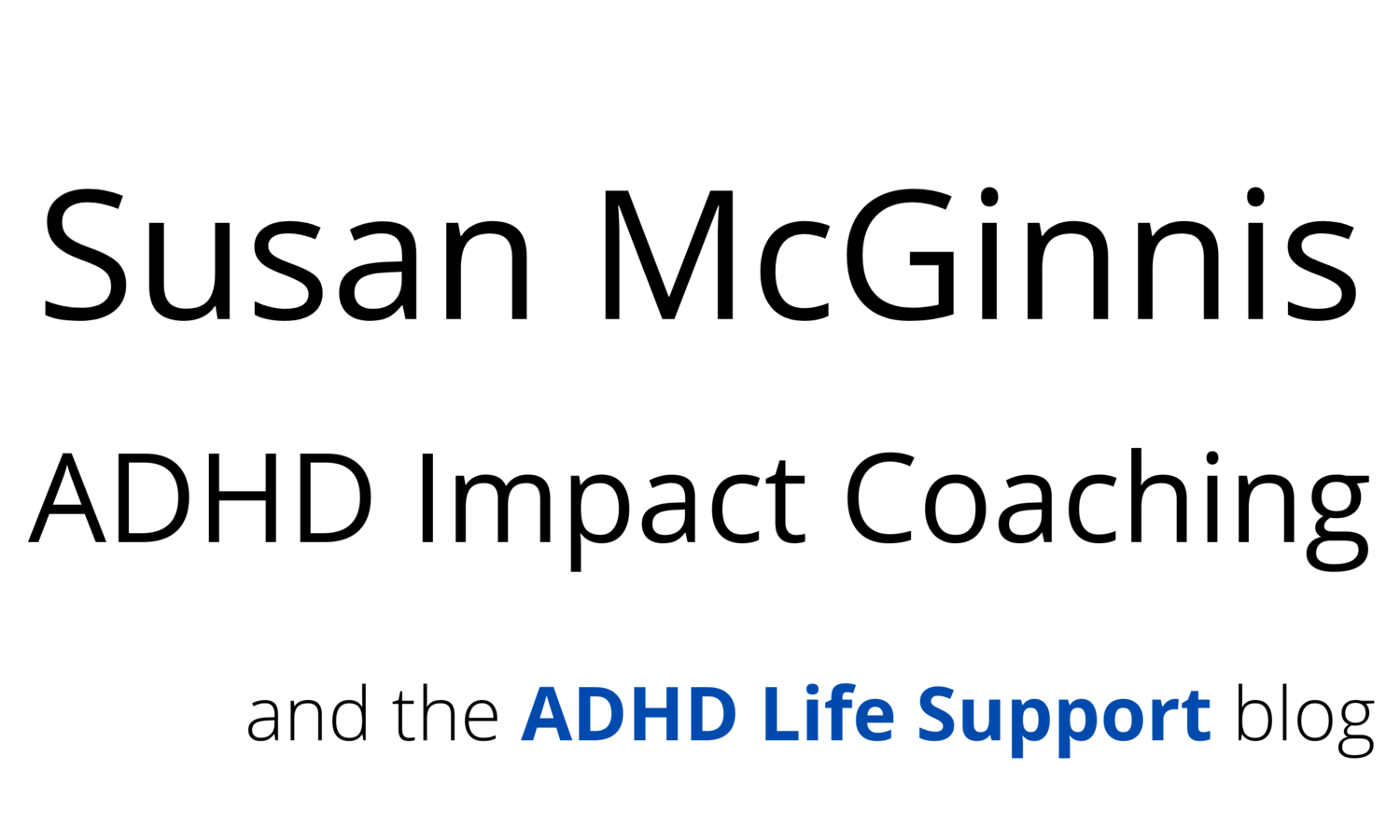Self-Generated Deadlines Teach Planning Skills
If you are able to work (only) when you are hard up against a deadline, you are not alone.
A primary request of clients coming in to coaching is to learn how to reduce the stress in their lives by reducing their reliance on deadlines to get work done. For most of us with ADHD, the practices we developed to produce work in school stop working for us when our responsibilities expand in adulthood, or when we just don’t want the stress any longer.
Could it be we were trained to this behavior, over a number of years, in school?
The structure of school - of semesters, grades, and grade levels - imposes an outcome-oriented approach that emphasizes end results over process — to an externally-imposed deadline. The message: “It doesn’t matter how you got it done.”
As a result, we leave school with the idea that, so long as we turned something in on time, we did well. In fact, we are miracle-workers, because we did it the night before it was due! Yay us! That we didn’t learn how to plan a project, work on it on a regular basis over time, and deliver as promised? Not even on the radar.
Year after year this happens; as projects get larger, we might get more reminders from the teacher: “Don’t forget! Your projects are due next Friday!” But do we know what “working on” means? Do we even have a plan for approaching the project?
I have a radical proposal: What if teachers asked the students to come up with their own completion date for their project? A date that they’ve worked out themselves?
Imagine that creating a plan, including a delivery date, for the project was part of the project. And that the teacher’s role was to check in with students like a manager, or team leader, on their progress: compare it to their intitial timeline to look for roadblocks, identify resources, make adjustments to the assumptions, do a reality check, even revise their due date?
Maybe you think, but there is in fact a real deadline! What would happen if I didn’t impose one? Great question! If your project can’t be completed in the time you projected, that’s the time to get curious: what is missing? That becomes the question for investigation, as a learning opportunity for teacher and student.
Some students will have better intrinsic planning and estimating capabilities - what we call “executive functioning.” Other students have parents or teachers who have helped them learn skills. But many need direct teaching of skills and strategies for how to do the work; the sooner they can be identified and supported, the better!
If any teachers are reading this, and you give it a try, please let me know what happens!
ADHD Life Support is the blog of
Susan McGinnis, CALC of ADHD Impact Coaching LLC
Coaching adults with ADHD www.adhdimpactcoaching.com
